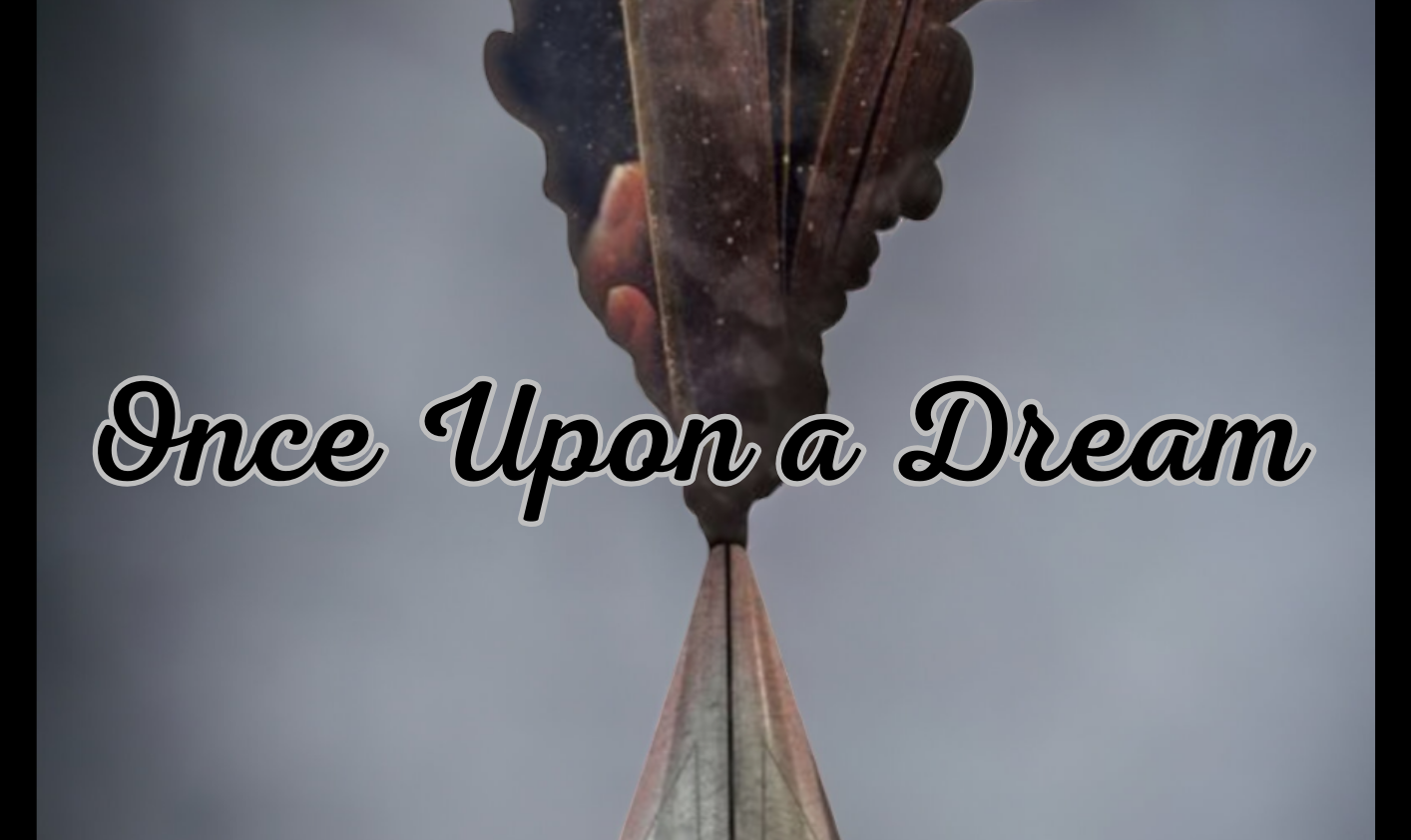Menteh is a close-knit community located in the northwest
part of the republic of Cameroon, a country located in central
Africa. Hugging two hills, my village of Nkwen is fed by cool, dry
North-Easterly winds rolling down across the savanna. It is here,
among the “Mgema-tikari” speaking people that I took my first
breath of life, right behind my grandmother’s kitchen. It is here,
behind her kitchen, that my umbilical cord was kept, closest to the
ever green and most fruitful plantain tree. It was the responsibility
of my grandmother to ensure the tree was kept healthy and fresh
through constant evening watering and palm-oil anointing to
invoke the blessings of our ancestors. This process continued until I
was a month old.
Born to a mother who was a farm owner and a father living
abroad, I spent my early childhood days tending to the garden, playing
with other children, and engaging in general mischief. Because my
mother was always away on her farms, I was practically raised by my
grandmother, a stern, no-nonsense matriarch with a soft side to her
only I could unravel. Illiterate in the language of those who have
been to school, the English language, my grandmother, utilizing our
vernacular, schooled me at a very early age in the ways of a morally
upright, humble, God-fearing young lady. I, my grandmother, and
sometimes my mother would together attend church services on
Sundays. During service the two adults would sing, stamp their feet
on the sun-backed earth in some kind of spiritual frenzy while I,
the child, would roam around playing hide-and-seek with other
children in the community.
It quickly came to the notice of my teachers during my
elementary school years that I had a special knack for articulating
both in the English Language and my local dialect. This ability of
mine placed me in a position where I was asked to represent my
local community during times of annual competitions in the forms
of debates, storytelling and reciting traditional folklore. Many a
time I found myself in the midst of some serious local community
debates and gossip. On the one hand, some community members
felt I was given some undue advantages: having a hardworking
father providing for me from abroad and a grandmother who
worked tirelessly to instill in me those positive values that would
carry me through in life. Others in the community felt some sort
of collective community pride in having me as one of them, a child
so fluent and knowledgeable in both the English Language and the
local dialect. I quickly grew to understand my little community was
a microcosm of life in general; those we interact with will always
have differing opinions about us no matter how hard we try to stay
balanced in our outlook.
Today I look back and miss all those I grew up with.
I remember knowing the location of every house in my little
community, everyone’s parents, and which family owned which
plot of farmland. I also remember being excited on days designated
traditionally as “kontri-Sundays,” for on these days farming was
forbidden. This used to give my friends and me time to eat, play,
harvest fruits (not considered farming) and catch up with stories.
I sometimes also miss the peace and quiet, the serenity of the
environment, including the humility and love shared by a people
who were predominantly farmers, hunters, and butchers. A people
who though illiterate took pride in their work and dedication to
support each other in the understanding that the pain of a single
community member can be lessened in a spirit of shared affection
and support.
My people consider the umbilical cord to be the essence
of life. When a child is born, a process usually carried out by a
traditional midwife (an elderly woman with years of experience in
childbirth), the umbilical cord is cut and wrapped in dried palm
leaves. The leaves are then smeared with powder and ceremoniously
carried to the spot where it is to be buried. One of the reasons
given for the burial of the umbilical cord where the child is born
has to do with the strong cultural belief relating to fertility and
healing. My people believe burying a child’s umbilical cord helps
the mother heal faster. Secondly, there is the belief that once buried
the cord communicates with the spirits in ways that enhance the
mother’s fertility, enabling her to have many more children in the
future. Tradition holds it that children will always return to their
roots, no matter how far off they wander. This ensures the village
(community) constantly reaps loads of material benefits from their
children after their sojourn to the wider world.

The literary magazine of Hagerstown Community College